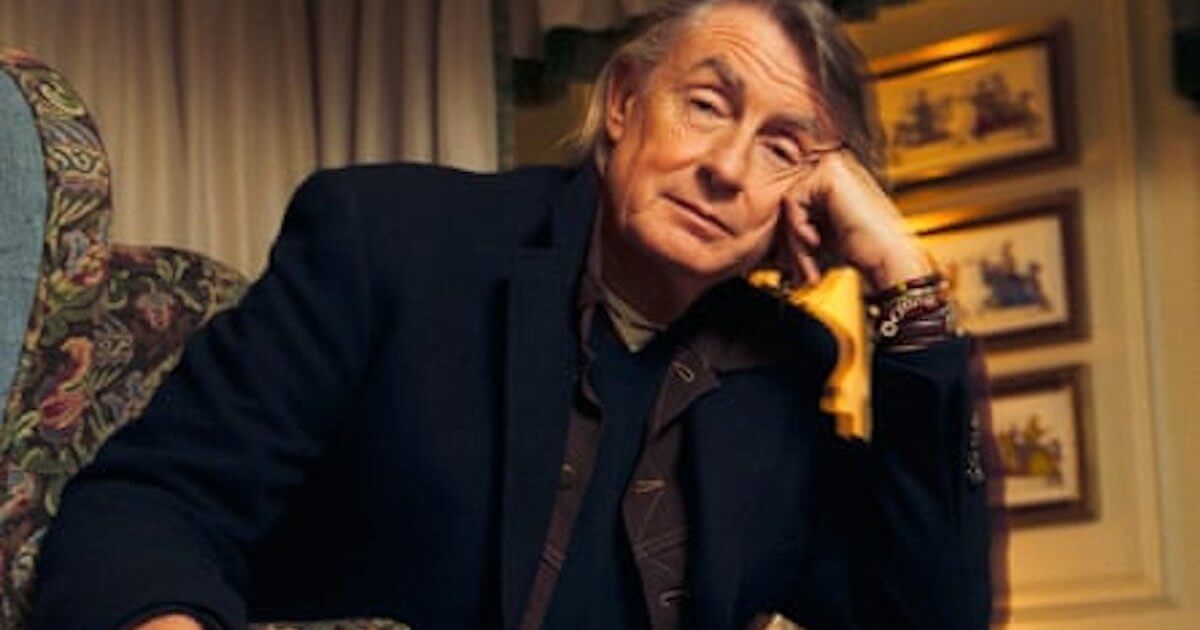Upon the news that Hollywood director Joel Schumacher, responsible for iconic movies “Batman Forever” and “The Lost Boys” passed away from an undisclosed cancer, fans and friends are coming together to mourn. The director is responsible for actor and throat cancer survivor, Val Kilmer’s starring role in “Batman Forever.”
Schumacher, 80, initially was a costume-designer in Hollywood before he turned to directing. His filmography includes “St. Elmo’s Fire,” “The Lost Boys,” “Batman Forever,” and others. Even though it’s unclear what type of cancer Schumacher was diagnosed with, Variety reports that Schumaker battled with the disease for a year before passing away.
Read MoreCancer Survivors Supporting Each Other
When it comes to battling cancer, feeling supported by friends and family are extremely important. However, for many patients, support from people who have gone through their own cancer journeys can provide helpful tips to battling cancer and relatable stories about their own experience.
Ovarian cancer survivor Terri Moore knows something about the value of a real support system during a cancer journey and the importance of passing that support on in every way you can. Without her group therapy, she wouldn't have met her phenomenal "CBFs" that is, her "chemo best friends" if not for her cancer. Through her group of chemo best friends, Moore received support and advice. She learned tips and tricks that pickle juice can help when you're nauseous, for instance, or that vaseline can help soothe the soreness of losing your nose hair from chemotherapy. For that, she is grateful.
"You can talk to each other and just express what you need to express," she says. "I had friends that were diagnosed, a couple of them during my treatment with cancer, that I reached out to. They reached out to me… And they were concerned and struggling. You feel for your friends to go through some chemotherapy, and you know what it's going to do to them."
Ovarian cancer survivor Terri Moore explains why group therapy was a lifesaver while battling cancer
Taking Moore’s experience into account, it’s not surprising that a crucial aspect of receiving the news and coping with it is a support network. Fellow ovarian cancer survivor Kelly Sargent, who got support not only from her family but also from new friends she made after her diagnosis. She was able to take initiative to create support networks in addition to her husband and child so that she would be supported in this process.
Related: Finding Support Through Her Church Ovarian Cancer Survivor Robyn Smith's Story
“When I was diagnosed, as soon as I got in the hospital, I started going online to find not only information, but also support groups, stories from survivors, anything that I could find as far as my treatment I definitely looked for,” Sargent tells SurvivorNet.
She expresses gratitude for the people she ended up meeting in San Antonio, specifically a group of ladies that she met at a Bible study group and who have become an essential part of her support network. She describes that her ability to survive and persist was due to this support. Kelly speaks to the need for support networks for cancer patients, whether they are networks the patient creates or networks put in place by facilities the patients are a part of.
Learn more about SurvivorNet's rigorous medical review process.

